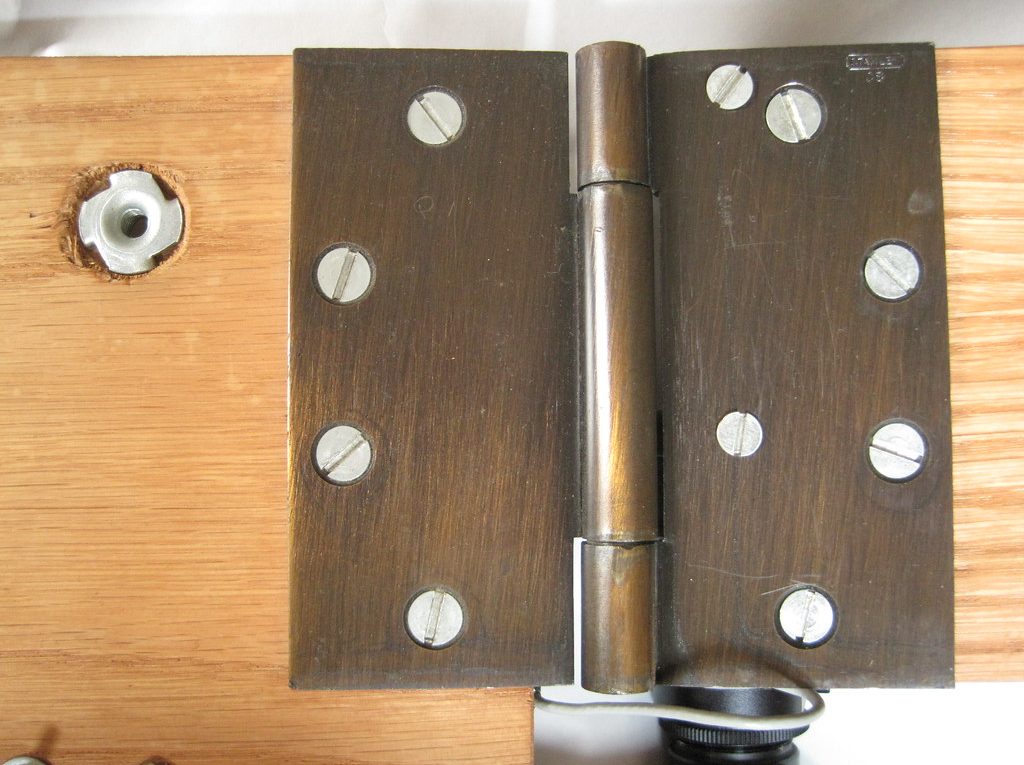The Ultimate Guide to Choosing the Right Hinge Supplier
When it comes to ensuring the durability and functionality of your doors, cabinets, and furniture, the quality of your Hinge Supplier cannot be overlooked. Whether you’re a manufacturer, contractor, or DIY enthusiast, selecting the right hinge supplier is critical to the success of your project. This blog will guide you through the key considerations and steps to find a reliable hinge supplier that meets your specific needs.
Why the Right Hinge Supplier Matters
The hinges you choose play a vital role in the performance and longevity of your products. Poor-quality hinges can lead to sagging doors, misalignment, and even safety hazards. Conversely, high-quality hinges provide smooth operation, support heavy loads, and endure frequent use without compromising performance. Therefore, partnering with a reputable hinge supplier is essential to achieving superior results.
Key Factors to Consider When Choosing a Hinge Supplier
1. Quality of Products
Quality should be your top priority. Look for suppliers who offer hinges made from high-grade materials such as stainless steel, brass, or zinc alloy. These materials ensure durability, corrosion resistance, and a long service life. Check for industry certifications and standards compliance to guarantee the hinges meet rigorous quality requirements.
2. Product Range
A diverse product range allows you to find the perfect hinge for every application. Whether you need concealed hinges, continuous hinges, butt hinges, or specialty hinges, your supplier should offer a wide variety. This flexibility ensures that you can source all your hinge needs from a single supplier, simplifying procurement and ensuring compatibility.
3. Customization Options
Every project has unique requirements, and sometimes standard hinges won’t suffice. A good hinge supplier should offer customization options, including size, finish, and load capacity. Custom hinges can provide tailored solutions that perfectly match your design and functional needs.
4. Reliability and Reputation
Research potential suppliers’ reputations in the industry. Look for customer reviews, testimonials, and case studies to gauge their reliability and customer satisfaction. A supplier with a proven track record is more likely to provide consistent quality and dependable service.
5. Technical Support and Expertise
Comprehensive technical support is crucial, especially for complex projects. A knowledgeable supplier can offer valuable advice on hinge selection, installation, and maintenance. This support can help you avoid costly mistakes and ensure optimal performance.
6. Lead Times and Availability
Timely delivery is essential to keep your projects on schedule. Ensure the supplier has robust inventory management and can meet your demand without significant delays. Discuss lead times and availability upfront to avoid disruptions.
7. Pricing and Value
While cost is a significant consideration, it should not come at the expense of quality. Compare prices among reputable suppliers to find a competitive rate without compromising on the hinge’s performance and longevity. Consider the overall value, including durability, warranty, and after-sales support.
Steps to Find the Right Hinge Supplier
- Define Your Requirements: Clearly outline the specifications, quantity, and application of the hinges you need.
- Research Potential Suppliers: Create a list of potential suppliers based on online research, industry directories, and recommendations.
- Evaluate Quality and Range: Assess each supplier’s product quality, range, and customization capabilities.
- Check Reviews and References: Look for customer reviews and request references to understand their reliability and service quality.
- Request Samples: Obtain samples to evaluate the hinge’s build quality, finish, and functionality.
- Discuss Terms and Conditions: Clarify lead times, pricing, delivery terms, and warranty policies.
- Make an Informed Decision: Choose the supplier that best meets your quality, range, support, and pricing criteria.
